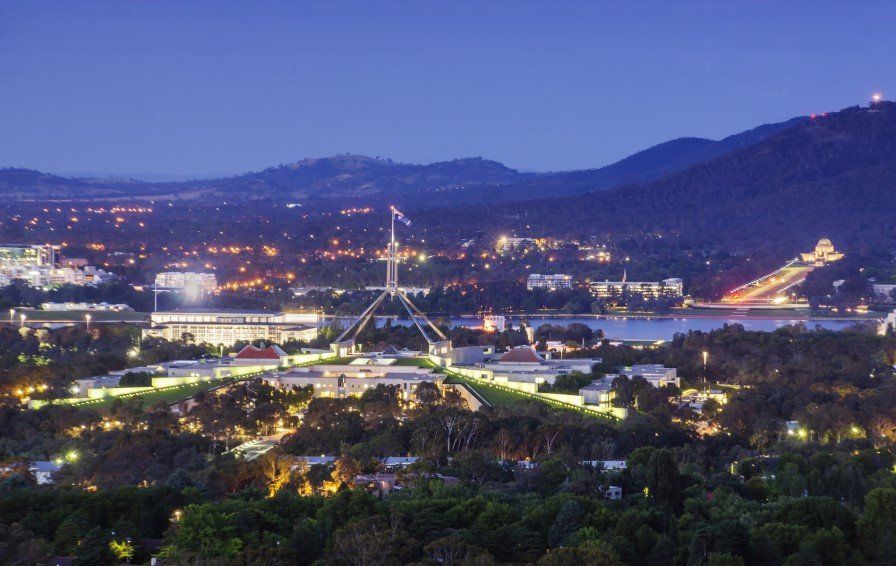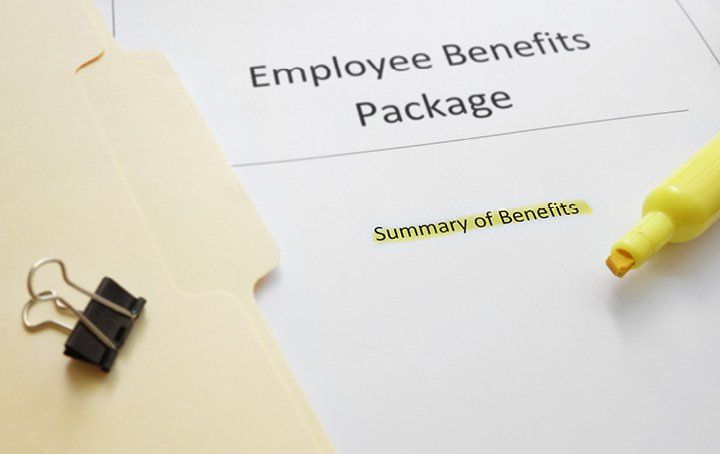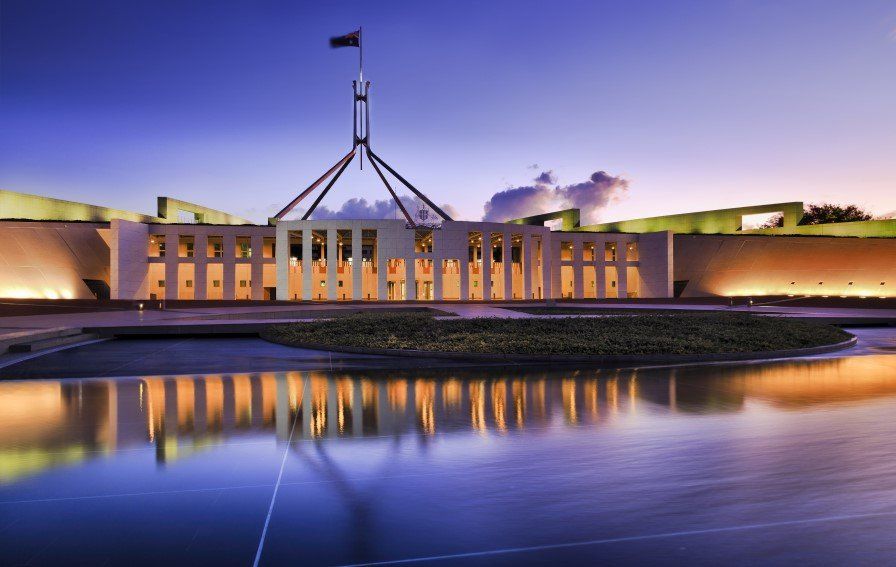Budget 2025-26: Show Me The Money Part 3

Budget 2025-26 is one that the government clearly did not expect to have to deliver. The impending tax on super balances above $3m remains in place for 1 July 2025. As does the $20,000 instant asset write-off for small business that is supposed to apply to the current financial year. Neither initiative has passed Parliament and if not passed prior to the election being called, will lapse. In Part 3 of our analysis, we look at the impact on Business & employers, Government & regulators, and The Economy.
Business & employers
Non-compete clauses to be banned Date:From 2027
The Government has announced that it will ban non-compete clauses for low and middle-income employees (under the Fair Work Act high income threshold is currently $175,000). Non‑compete clauses are conditions in employment contracts that prevent or restrict an employee from moving to a competitor.
Back in April 2024, Treasury released an issues paper for consultation on Worker non-compete clauses and other restraints. The review stated that, “The direct consequence of a non-compete clause is that it hinders competition among businesses: it disincentivises workers from leaving their current job, creating a barrier to the entry of new businesses and the expansion of existing businesses.”
The Government is also make changes to competition law to prevent businesses from:
• Fixing wages by making anti‑competitive arrangements that cap workers’ pay and conditions, without the knowledge and agreement of affected workers.
• Using ‘no‑poach’ agreements to block staff from being hired by competitors.
Announced Beer tax paused and benefits for wine and alcohol producers Date August 2025 (beer excise) 1 July 2026 (other measures)
Indexation on the draught beer excise and excise equivalent customs duty rates will be paused for two years from August 2025. This just means that the price of beer won’t go up because of tax.
Support is also provided under the Excise remission scheme for manufacturers of alcoholic beverages increasing caps for all eligible brewers, distillers and wine producers to $400,000 per financial year, from 1 July 2026 (up from $350,000).
Trade tariffs extended on Russia and Belarus
The Government has extended additional 35% trade tariffs imposed on goods that are the produce or manufacture of Russia or Belarus. The measure is symbolic support for Ukraine as it delivers a negligible increase in revenue over five years.
Government & regulators
Almost $1bn to the ATO for tax compliance Date: From 1 July 2025
The Government has set aside $999m over 4 years for the ATO to expand its compliance programs:
• Tax Avoidance Taskforce
• Shadow Economy Compliance Program
• Personal Income Tax Compliance Program
• Tax Integrity Program (medium and large businesses and wealthy groups)
The compliance programs are expected to deliver a threefold return of $3.2bn.
$700m external contractor cost cutting
The Government intends to further pair back its use of consultants, contractors and labour hire. The budget estimates that the Government will save $718m in 2028-29 by continuing cuts to external labour.
The economy
Growth
Australia’s economy is expected to grow, albeit slowly, at 2.25% in 2025-26 and 2.5% in 2026-27. The direct impact of Ex-Tropical Cyclone Alfred on economic activity is estimated to be up to 0.25% of GDP.
We’re back in a deficit
The underlying cash balance will be a deficit at -$42.1bn in 2025-26, before improving but remaining in the red for several years. Debt is also higher, rising from 18.4% of GDP in 2023-24 to an estimated 21.5% in 2025-26, rising to 23.1% by 2028-29.
Employment
The unemployment rate has stayed low, the participation rate remains elevated, and employment has grown by more than one million people since May 2022 with around 80% of jobs created in the private sector since the June quarter 2022. Unemployment is expected to peak at 4.25%.
Wages
Annual real wages have grown for five consecutive quarters and are forecast to grow by 0.5% in 2024-25. The Wage Price Index (WPI) grew by 3.2% through the year to the December quarter 2024 and is expected to grow by 3% through the year to the June quarter of 2025 and 3.25% to June 2026.
Inflation
Inflation is expected to be 2.5% through the year to the June quarter 2025. The moderation of inflation was helped by cost of living relief and a decline in petrol prices towards the end of 2024. Electricity rebates and indexation of rent assistance (Commonwealth and State) reduced headline inflation by 0.75% through the year to the December quarter of 2024.
Global tensions
Economically, trade tensions have magnified global uncertainty. Global growth is already subdued. The indirect effect of tariffs is estimated to be nearly four times as large as the direct effect on Australia, reflecting the relative importance of affected trade flows between Australia, China, and the United States. Retaliatory tariffs, if they occur, will only amplify losses in real GDP.
Need Help with your Business, Bookkeeping, Tax or SMSF requirements?
If you would like a little help, please get in touch with us for assistance. We can help with your business, bookkeeping, tax and SMSF requirements.
Please also note that many of the comments in this publication are general in nature and anyone intending to apply the information to practical circumstances should seek professional advice to independently verify their interpretation and the information’s applicability to their particular circumstances. Should you have any further questions, please get in touch with us for assistance with your SMSF, business, bookkeeping and tax requirements. All rights reserved. Brought to you by RGA Business and Tax Accountants. Liability Limited by a scheme approved under Professional Standards Legislation.















